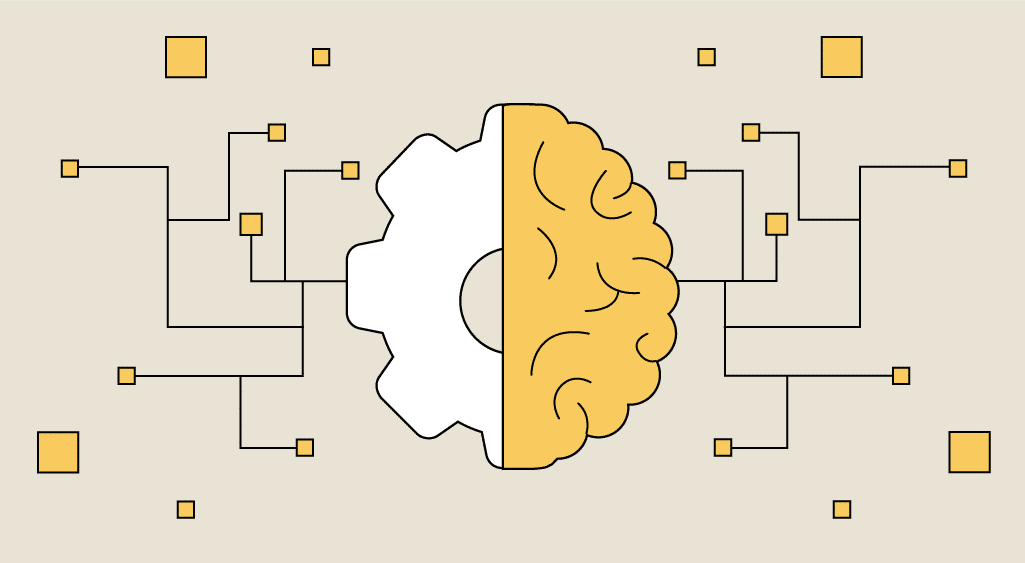Introduction
Machine Learning (ML) is no longer just a buzzword – it’s the foundation of modern software innovation. From predictive analytics to automated testing, ML is redefining how developers build, test, and deploy applications.
At Gupta Tech Web, we believe that the integration of machine learning in software development is not just about automation – it’s about building smarter, more adaptive digital solutions that evolve with user needs.
In this blog, we’ll explore how ML is transforming the development landscape, the technologies leading this revolution, and how businesses can leverage it for sustainable growth.
What Is Machine Learning in Software Development?
Machine Learning is a subset of Artificial Intelligence (AI) that allows systems to learn and improve from experience without being explicitly programmed.
In software development, ML algorithms are used to:
-
Predict user behavior
-
Optimize code performance
-
Detect bugs automatically
-
Personalize user experiences
-
Strengthen security through anomaly detection
Machine learning in software development means using AI algorithms to make software systems smarter – capable of learning from data, automating repetitive tasks, and improving accuracy over time.
The Core Benefits of Machine Learning for Developers
1. Smarter Code Suggestions
Modern IDEs like Visual Studio Code and GitHub Copilot use ML to suggest accurate code completions, reducing development time and errors.
2. Automated Testing & Debugging
AI-driven tools analyze vast amounts of code to identify bugs faster than manual methods. This ensures higher code quality and reliability.
3. Predictive Analytics for Decision-Making
By processing large datasets, ML models can forecast user trends, app performance, and potential bottlenecks, helping teams make informed decisions.
4. Personalized User Experience
Apps powered by ML dynamically adapt to user preferences – from UI changes to content recommendations, making every interaction unique.
5. Enhanced Security
ML algorithms detect unusual patterns in real-time, strengthening defense against cyberattacks and unauthorized access.
Key Machine Learning Technologies Shaping the Future
-
Natural Language Processing (NLP):
Enables chatbots, documentation generators, and intelligent search within software systems. -
Reinforcement Learning:
Used in adaptive systems where algorithms improve through trial and error – ideal for automation and robotics integration. -
Deep Learning Frameworks (TensorFlow, PyTorch):
Power image recognition, AI voice assistants, and advanced analytics in software applications. -
AutoML Tools:
Simplify the ML model creation process, allowing developers without deep ML expertise to integrate AI capabilities.
How Machine Learning Improves the Software Development Lifecycle (SDLC)
| SDLC Phase | Machine Learning Application | Impact |
|---|---|---|
| Planning | Predict project timelines & resource allocation | Better forecasting |
| Design | Generate optimized architectures | Smarter design systems |
| Development | Auto-complete & suggest better code | Faster development |
| Testing | Automated bug detection | Higher accuracy |
| Deployment | Predict performance issues | Stable releases |
| Maintenance | Continuous learning from user feedback | Smarter iterations |
Why Businesses Should Invest in ML-Driven Software
Integrating machine learning in development brings long-term advantages:
-
Increased efficiency and automation
-
Reduced operational costs
-
Scalable personalization for users
-
Improved ROI through intelligent systems
Businesses that adopt AI and ML-driven development early are gaining a major competitive edge in 2025’s data-driven market.
The Future of Machine Learning: A Developer’s Perspective
Machine learning is evolving from a supporting tool to a core component of modern applications.
-
AI-Powered DevOps: Predict system failures before they occur.
-
Self-Writing Code: Advanced ML models will automate repetitive programming.
-
Continuous Learning Systems: Apps will evolve automatically based on user data.
The synergy between developers and AI will define the next decade of digital innovation.
The future of machine learning in software development lies in its ability to automate tasks, optimize code, enhance testing, and personalize user experiences. Businesses adopting ML-driven solutions will benefit from faster development cycles, improved scalability, and smarter software ecosystems.
Machine learning enhances every stage of the development lifecycle. By using technologies like deep learning, NLP, and AutoML, companies can create adaptive, intelligent software systems. Gupta Tech Web helps businesses integrate ML-powered solutions for scalable growth, blending automation, analytics, and innovation into every project.
Conclusion
Machine Learning is more than just a trend – it’s the backbone of intelligent software systems. As AI continues to evolve, the boundary between human creativity and machine efficiency will blur, leading to faster, smarter, and more reliable digital products.
At Gupta Tech Web, we specialize in building ML-integrated solutions that empower businesses to innovate confidently and stay ahead in the ever-changing tech landscape.

